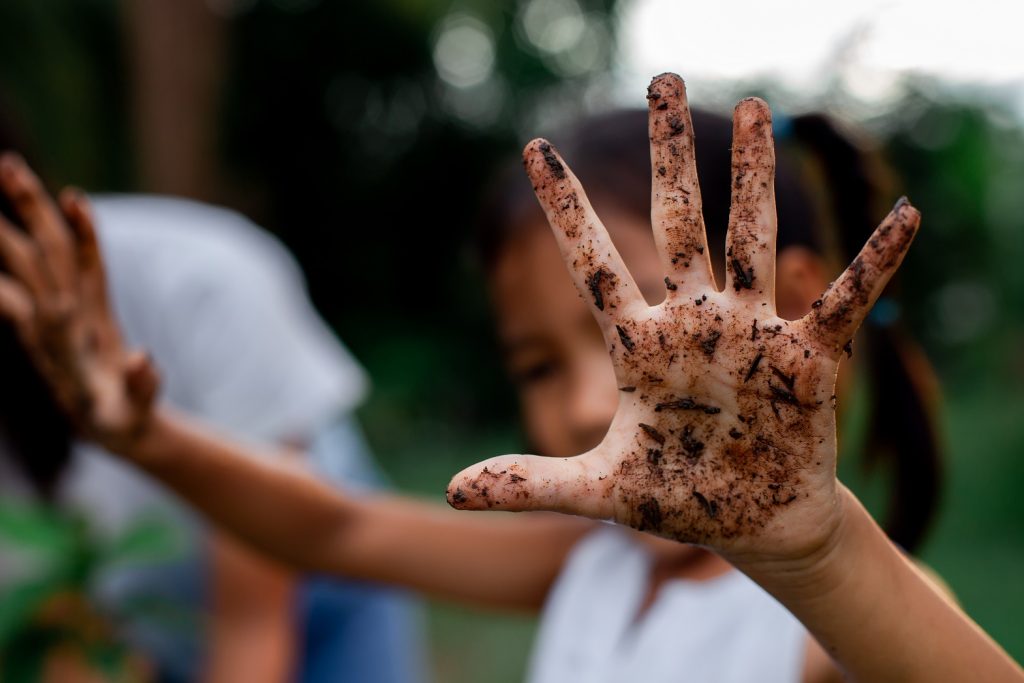He International Day against Child Labor It is commemorated every year on June 12, with the aim of raising awareness and raising awareness about the problem of child labor around the world. On this day, it is important to reflect on the importance of protecting children from this practice and guaranteeing them a safe and conducive environment for their development. One of the keys to achieving this is having professionals trained in intervention with minors.
Child labor is a violation of the fundamental human rights of boys and girls. It deprives them of their childhood, their education and their health, and exposes them to dangerous and exploitative conditions. According to estimates of the International Labor Organization (ILO), around 152 million children in the world are forced to work, and of them, almost half do dangerous jobs. These figures are alarming and require urgent attention from society and governments.
Intervention with minors is essential to address and prevent child labor. Professionals trained in this area have the knowledge and skills necessary to identify situations of child labor, evaluate the impact it has on children, and design appropriate intervention strategies.
The role of professionals in intervention with minors
One of the first tasks of intervention professionals with minors is the detection and identification of situations of child labor. This implies being attentive to the signs and indicators that may indicate the presence of this practice, such as lack of school attendance, premature abandonment of school, performing tasks inappropriate for their age, exposure to physical risks or lack of of time to play and rest.
Once the child labor situation has been identified, intervention professionals with minors must evaluate the impact it has on the comprehensive development of boys and girls. Early work can have negative short- and long-term consequences, affecting your physical and mental health, your education, your cognitive and emotional development, and your future opportunities. It is important to understand and document these effects to design effective interventions.

Intervention with minors also involves the design and implementation of appropriate strategies to prevent and eradicate child labor. This may include actions such as raising community awareness and education about children's rights, promoting policies and legislation to protect minors, creating support programs and educational and recreational alternatives, and collaborating with different organizations. actors involved, such as governments, non-governmental organizations and local communities.
In addition to these specific tasks, professionals trained in intervention with minors also have transversal skills that are essential for working with children in vulnerable situations. These skills include empathy, active listening, the ability to establish bonds of trust, adaptability, creativity and the ability to work as a team. These qualities are essential to create a safe and protective environment for children, as well as to establish a collaborative relationship with their families and communities.
The importance of training for professionals in intervention with minors
It is important to highlight that the training of professionals in intervention with minors not only involves acquiring theoretical knowledge, but also developing practical and ethical skills. These professionals must understand the importance of respecting the rights of children, promoting their active participation in the decision-making processes that affect them and working from a perspective focused on their needs and capabilities.
In this sense, it is essential that training programs in intervention with minors include content related to children's rights, national and international legislation on child protection, development and stages of child growth, and appropriate intervention strategies. for each context and age group, as well as communication and teamwork techniques.

Investment in the training of professionals in intervention with minors is a crucial measure to combat child labor. These professionals play a fundamental role in the identification, prevention and eradication of this problem, as well as in the protection and promotion of the rights of children in general.
Likewise, it is necessary that governments and organizations dedicated to children and the protection of human rights allocate resources and support to the continuous training of these professionals. This involves the creation of training programs, the promotion of research and innovation in intervention with minors, and the strengthening of collaboration networks between different actors involved.
In conclusion, the International Day against Child Labor reminds us of the importance of protecting boys and girls from this unfair and harmful practice for their development. Having professionals trained in intervention with minors is essential to identify, prevent and eradicate child labor, as well as to guarantee full respect for children's rights. Investment in the training and support of these professionals is an investment in a fair, equitable and exploitation-free future for all children in the world.
If you want to train in Intervention with MinorsDon't miss out on a place and enroll with the leading school in the sector.




